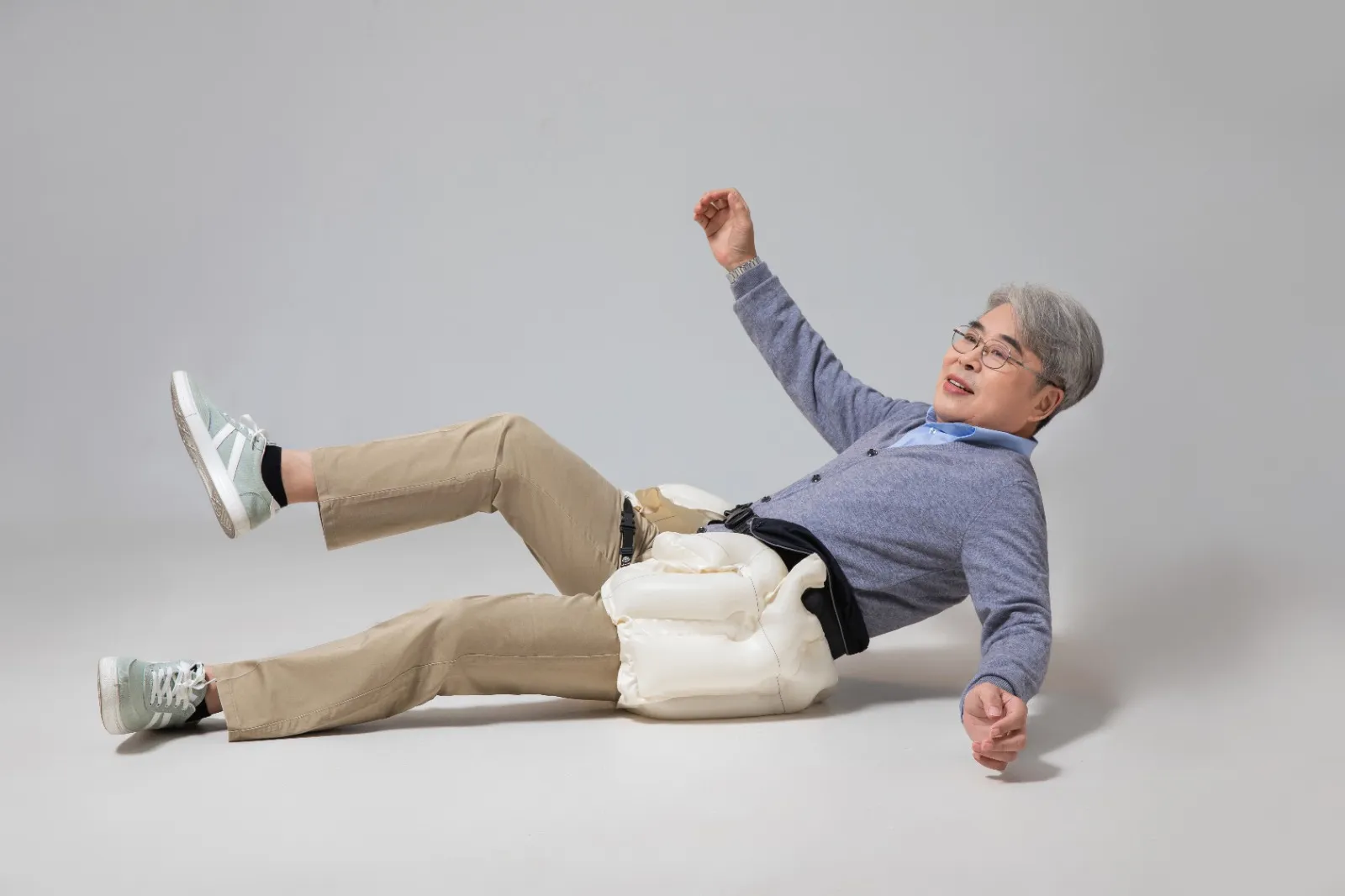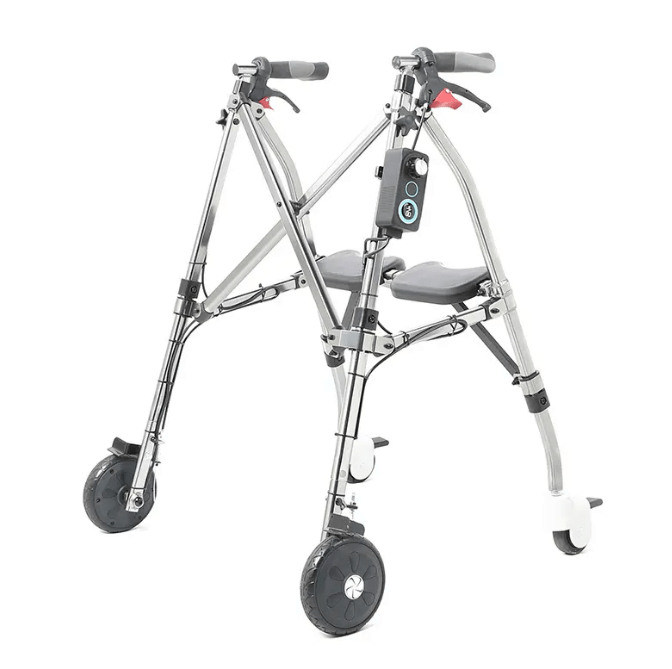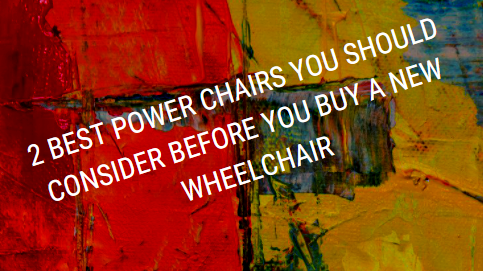ELDERLY FALLS AND ITS AFFECTS
Studies have shown that falling once doubles the chances of a senior falling again.
They first withdraw from activities which have a two-pronged effect.
For one, that unwillingness to engage leads to isolation and depression.
1. If someone feels like they have to give up their passions or hobbies, it can cause tremendous stress and anxiety leading to increased medictaions.
2. Physically, that withdrawal is also problematic – by remaining sedentary it means their muscles continue to weaken, thus creating a vicious cycle where muscles that are further diminished could then cause another fall when the person does rise.
When a senior suffers a fall, there can be glaring consequences: fractured bones or head injuries that can lead to hospitalizations and surgeries.
A rehabilitation process that can be grueling and painful and a worst-case scenario, a fall can lead to death.
While the physical effects from a fall are clear, there are also less obvious outcomes of a fall, outcomes that can also have a serious impact on the lives of seniors.
Fear, isolation, depression, and an unwillingness to engage in activities can all be realities for a senior who is afraid of falling.
The mental health effects falling can have are significant and along with the physical injuries, combine to make it vital that seniors and their loved ones be aware of the risk factors for falling.
Health Factors Lead to Mental Health Concerns
For seniors who live alone, the prospect of falling isn’t just the possible injuries – it’s that they may not be able to get themselves back up.
From the age of 30 onwards we begin to lose 3-5% of our muscle mass each decade.
By the time someone is in their senior years, that deterioration means it may be impossible for some to hoist themselves back up after a fall, particularly if they’ve also suffered an injury.
If that’s the case, after a fall they may be a position of trying for hours, or even longer, to get someone’s attention for help or attempting to get to a phone to call 911.
It’s a traumatic experience no one would want to live through a second time, which leads to seniors withdrawing from activities and social life that can be fulfilling out of a concern for falling again.
In fact, according to the website sciencedaily.com, many seniors who have fallen go on to exhibit symptoms of Post-Traumatic Stress Disorder.
Fear Takes Over
According to the healthtimes.com.au, falling once doubles the chances of a senior falling again.
However, withdrawing from activities has a two-pronged effect. For one, that unwillingness to engage leads to isolation and depression.
If someone feels like they have to give up their passions or hobbies, it can cause tremendous stress and anxiety.
Physically, that withdrawal is also problematic – by remaining sedentary it means their muscles continue to weaken, thus creating a vicious cycle where muscles that are further diminished could then cause another fall when the person does rise.
Seniors Already Susceptible to Mental Health Issues
The emotional effects of falling can exacerbate existing concerns in seniors, a demographic already at risk of dealing with mental health concerns.
Seniors already face higher rates of mental health issues than the rest of the population; according to healthtimes.com.au.
In addition to health issues, seniors often lose a spouse and friends as they age, and the loneliness and isolation that can come with those losses can cause depression to grow and worsen.
Combine those pre-existing risk factors with either the after-effects or the fear of a fall and it can become too much for some to bear.
And despite those additional physical and emotional risk factors for depression among seniors, that demographic in many ways is the least prepared to address them:
The MHA reports that 68% of adults aged 65 and over know little or almost nothing about depression, and only 42% would seek help from a health professional if they were suffering from depression or a mental health concern.
Fall Risk Assessment and Fall Reduction Programs
While the information on the mental and physical effects of falling seem frightening, this has not been meant as a scare tactic.
It is vital to understand the risk factors facing seniors when it comes to falling as well as knowing that there are ways to help prevent or reduce falls.
It is advisable to seek advice on a falls risk assessment plan for seniors to still enjoy all that life has to offer with the right precautions and knowledge.
Contact your local doctor.
Falls Prevention Devices
AbbiCare have a variety of Western Australian falls prevention products available. These products are hospital prevention devices that can reduce being admitted by cost effective methods means and offering the whole family peace of mind. AbbiCare have the ZUBU BRAND electric walker that doubles up as an electric wheelchair for when your are tired of waking. The rollator is also equipped with a falls prevention sensor that if the user should stumble in the forward motion, the walker will brake. We also offer a range of fall safe clothing that is stylish yet practical. They are equipped with airbags and when deployed, it aids in preventing broken bones. The pants are for male and female as well as the airbag jacket. There is also an airbag belt which can be useful to prevent broken hips. What To Do if You Fall When a fall occurs it is usually where you cannot contact anyone so we recommend to consider buying a SOS Safety Pendant to help keep you safe. If you are not sure of buying then rental may just be your choice so you can see how everyone gets peace of mind knowing help is just a button away. We also have wrist blood pressure monitors, WIFI security cameras to keep an eye on your loved one or if they are mobile, try our foldable mobility scooters.



